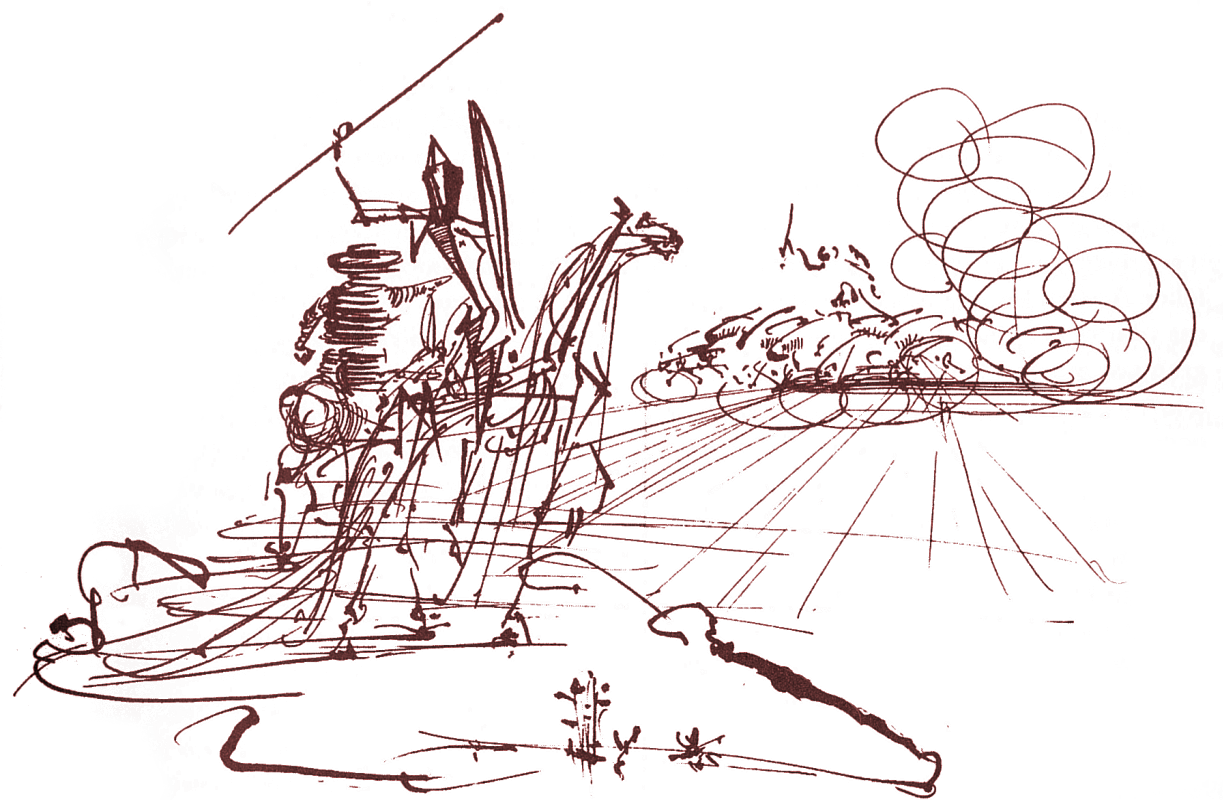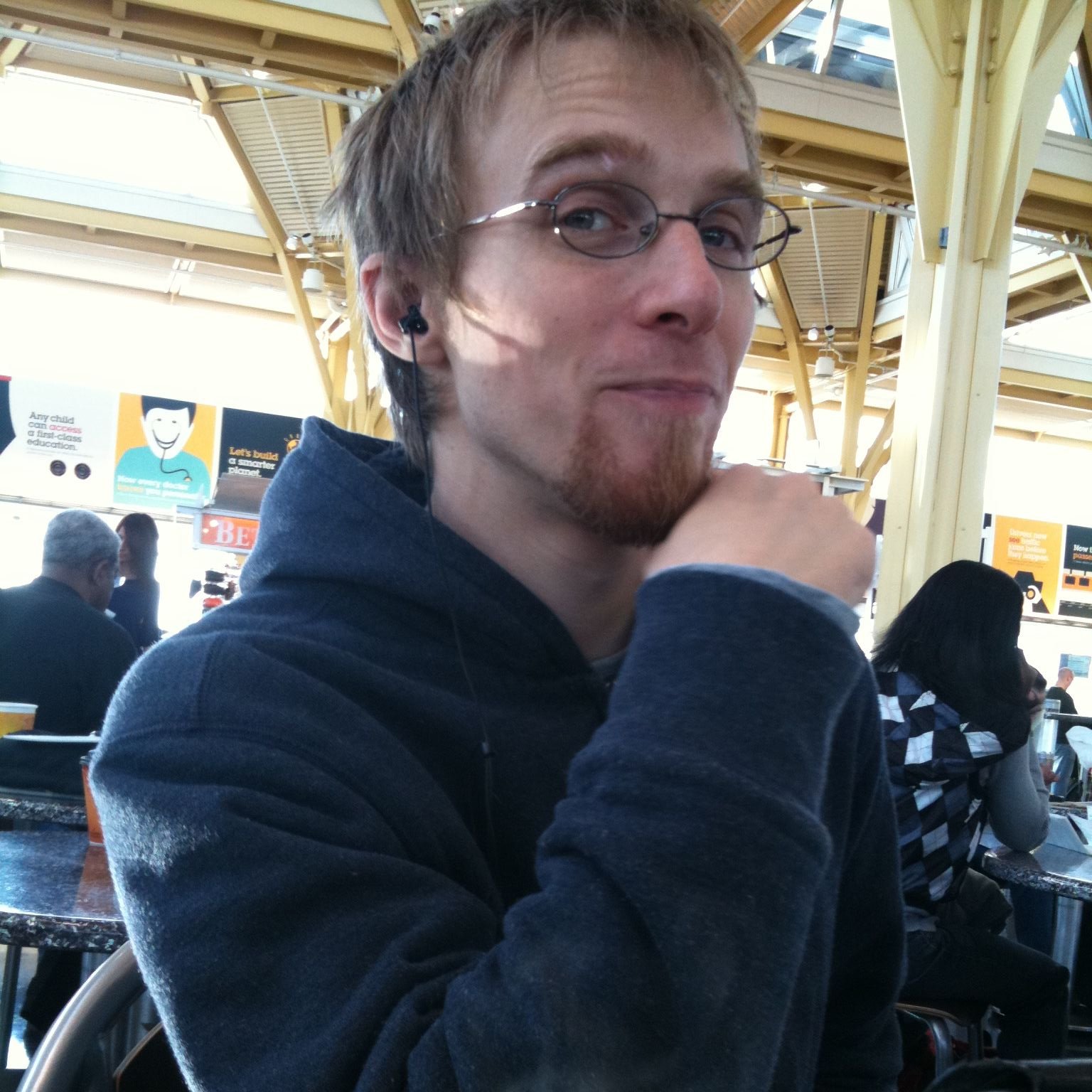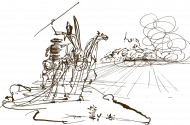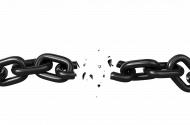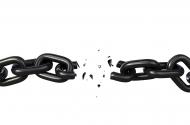I am concerned for my generation because prevailingly, we believe that tinkering with our governmental and economic systems will create the definitively just world. For many of us, we believe that if equal opportunity and equal resources were provided, we'd arrive at utopia.
As a Christian, I am a stranger to the world, an alien, a sojourner. I find common cause with people working for a more just world, and I work alongside them. But I only believe in a better world than the one we've got, not a perfect one.
The problem is that there will always be people who want different things. There will always be some that choose not to work, and some that choose to work hard to take things from other people. Some will choose apathy, injecting heroin into their veins. These different choices will result in a differential distribution of resources.
Or as Christianity says, the kingdom of God (utopia) is both here and not yet. We have the potential to choose to be good, but we choose the bad.
The main problem are those that choose the bad. You can try to prevent them from doing so with laws. But, we know, from the Scripture, that the law is incomplete without love. A person can still be bad if willing towards the bad while following the law.
That is to say, as soon as we close a loophole, there will be those that start poking around for another one. We must work to change people, in addition to structures. That's where personal faith comes in.
I am an activist because I believe that we must work continually to close these loopholes in order to make the world incrementally better. Jesus did not come to abolish the law but to fulfill it. The law holds in check those that cannot fulfill the law by loving their neighbor.
The Bible refers to structural configurations as Law, and Jesus' treatment at the hands of the Pharisees shows that Law can be easily be subverted for either self-righteousness or the oppression of others. The short book of Galations, written by Paul, is a treatise on the fallibility of Law.
The main problem with Law is that it cannot love, because it cannot see a person as a person, it can only see them as the input to a function, an object to be operated upon. In fact, a law which would be swayed by love would cease to be just, because it would cease to regard people as equal. But grace, the grace that is the innovation of Jesus, is precisely the corruption of law. Grace says that while you are guilty, you are pardoned because of love.
As Kierkegaard puts it, “Nothing, nothing, no error, no crime is so absolutely repugnant to God as everything which is official; and why? because the official is impersonal and therefore the deepest insult which can be offered to a personality.”
That is, the Law lacks both grace and justice.
I am a Christian because I believe that the problem is in the hearts of people, and therefore must be treated at its source.
If we ever believe that we have arrived, we will know then that we have not. I am suspicious of utopias, though I once was not. I do not think that we will arrive at the precise configuration of societal and governmental structures which will yield justice, like a well-tended tree yields fruit.
But if we begin with the piece of injustice that is within us, we can begin to push back against the world's darkness. That is the work of faith, in incremental change that begins within you and grows like a seed.
And as that seed grows you stretch towards the sun, into the world. That's when you become an activist, a person with a mission to change the world.
The best way to combat injustice, initially is to work on your heart. If you find nothing to change in the world, look within you to change yourself. Work to love other people. And see if you can make your actions align with your conscience. Because what we do is really the reflection of what we believe.
When we center our work for justice in our heart, we will spill over into occupation of the world in love.
Yes, I said it, "OCCUPY!"
